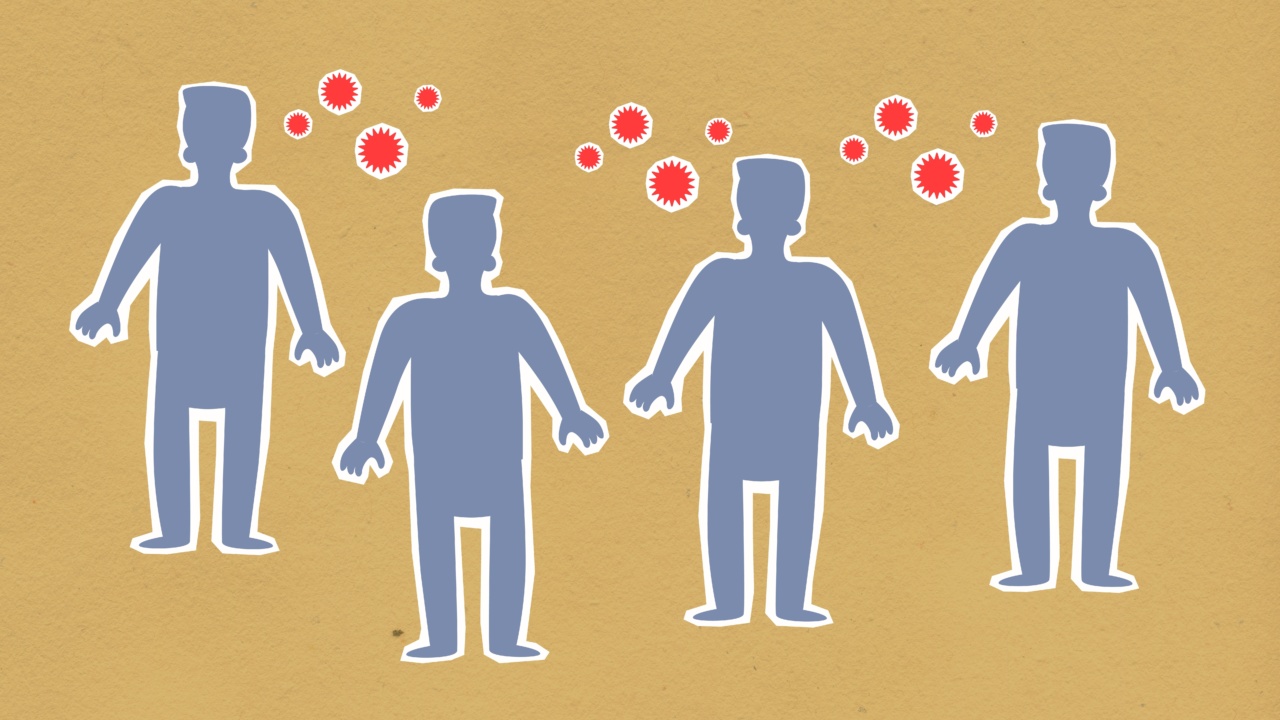Autoimmune diseases are conditions in which the immune system attacks the body’s own tissues instead of protecting it from external threats.
There are over 80 different types of autoimmune diseases, including rheumatoid arthritis, lupus, and multiple sclerosis. Unfortunately, individuals with autoimmune diseases are at a higher risk of developing heart disease, as inflammation from autoimmune disorders can affect the arteries and lead to a heart attack.
Patients with autoimmune disease face a greater risk of heart attack
Studies have shown that individuals with autoimmune disorders are at a higher risk of developing heart disease and experiencing heart attacks.
In fact, according to the American Heart Association, people with autoimmune diseases are twice as likely to develop heart disease compared to those without autoimmune diseases.
One reason for this increased risk is the chronic inflammation that autoimmune diseases cause. Chronic inflammation can lead to the buildup of plaque in the arteries, which can cause them to narrow and harden.
This can increase blood pressure and make it harder for blood to flow to the heart, which can lead to heart disease or a heart attack.
The link between autoimmune disease and heart attack complications
Not only are patients with autoimmune disease at a greater risk of developing heart disease and suffering from a heart attack, but they are also at a greater risk of experiencing dangerous complications during and following a heart attack.
Research has shown that autoimmune diseases can increase the likelihood of heart attack complications such as congestive heart failure and arrhythmias.
When the heart muscle is damaged during a heart attack, it can weaken and function improperly, leading to congestive heart failure. Additionally, the inflammation caused by autoimmune diseases can affect the electrical impulses in the heart and cause abnormal heart rhythms, or arrhythmias, which can be life-threatening.
Treatments for heart attack complications in patients with autoimmune disease
When a patient with autoimmune disease suffers a heart attack, it is important to manage not only the acute symptoms of the heart attack but also any potential complications that may arise.
Treatments for congestive heart failure may include medications to help the heart pump more effectively and diuretics to reduce fluid buildup in the body. In severe cases, a heart transplant may be necessary.
Treatments for arrhythmias may include medications to regulate heart rate, implantable devices such as pacemakers or defibrillators, and various surgical procedures.
Preventing heart attack complications in patients with autoimmune disease
Preventing heart attacks and complications in patients with autoimmune disease requires a multifaceted approach that addresses both the underlying autoimmune disorder and the risk factors for heart disease.
To reduce the risk of heart disease, patients with autoimmune disease should focus on maintaining a healthy lifestyle by eating a balanced diet, exercising regularly, avoiding smoking, and managing stress.
Additionally, medications may be prescribed to manage the autoimmune disorder and reduce inflammation and plaque buildup in the arteries.
It is important for patients with autoimmune disease to undergo regular screenings for heart disease and to work closely with their healthcare providers to manage their overall health and reduce the risk of heart attack complications.
Conclusion
Patients with autoimmune diseases are at a higher risk of developing heart disease and experiencing heart attacks, and they are also at a greater risk of complications during and following a heart attack.
It is important for these patients to work closely with their healthcare providers to manage their autoimmune disorder and reduce their overall risk of heart disease and heart attack complications. By maintaining a healthy lifestyle, taking prescribed medications, and undergoing regular screenings, patients with autoimmune disease can reduce their risk and improve their overall health and quality of life.
























